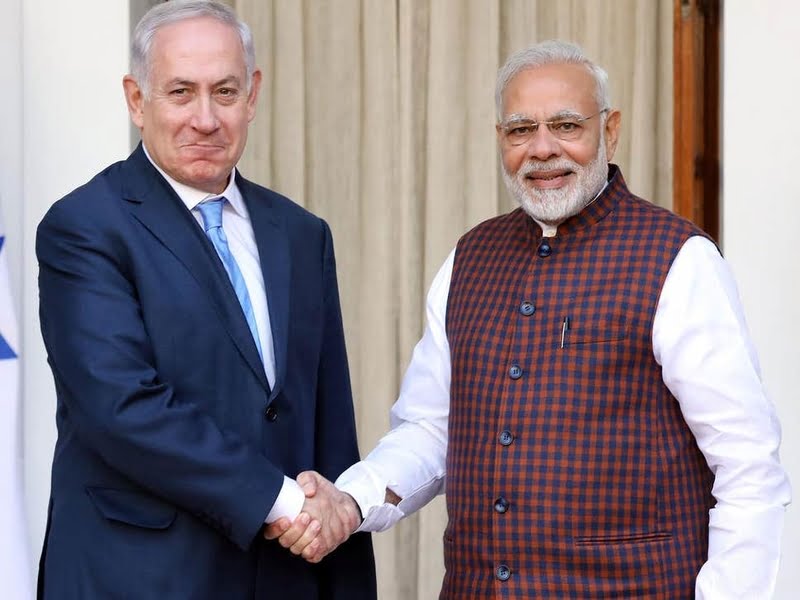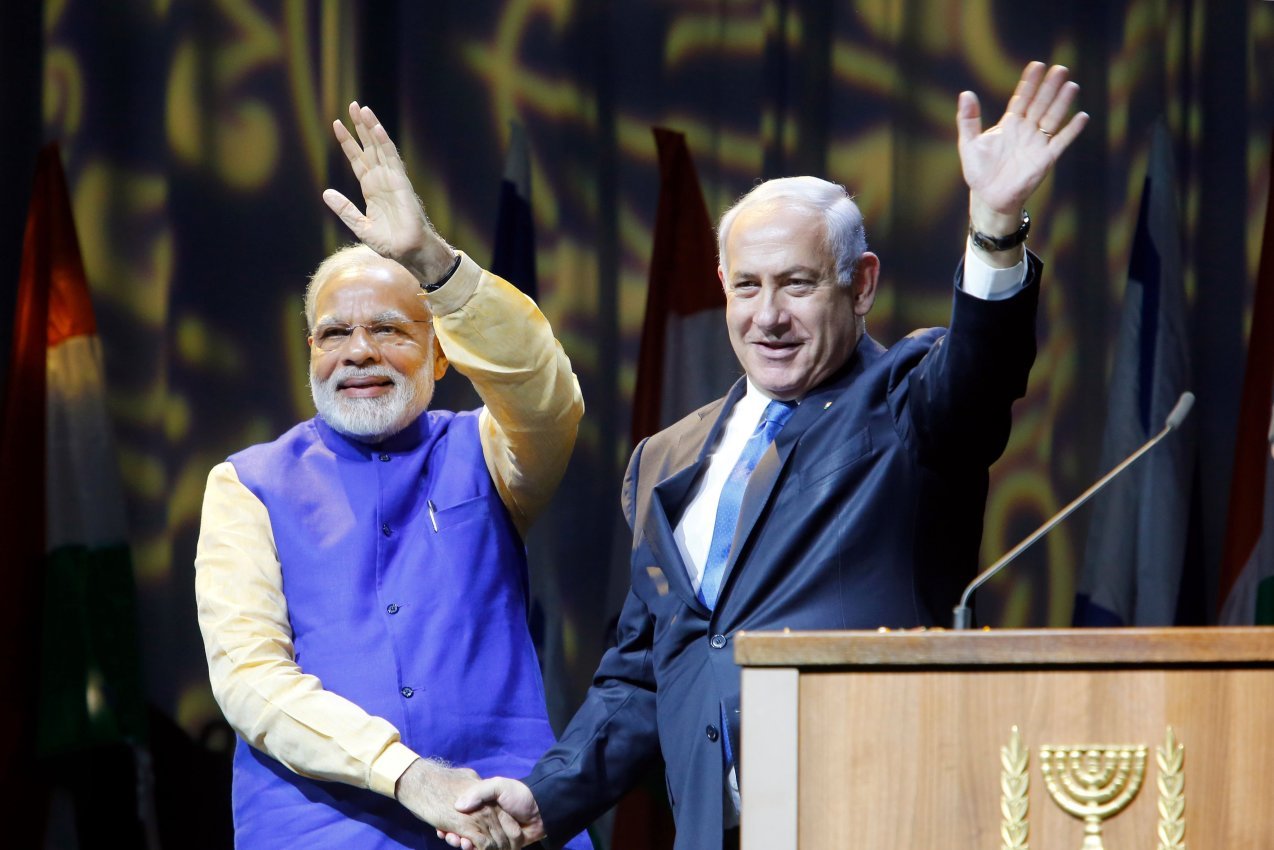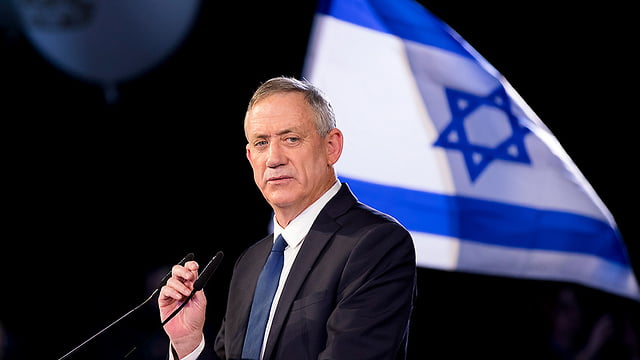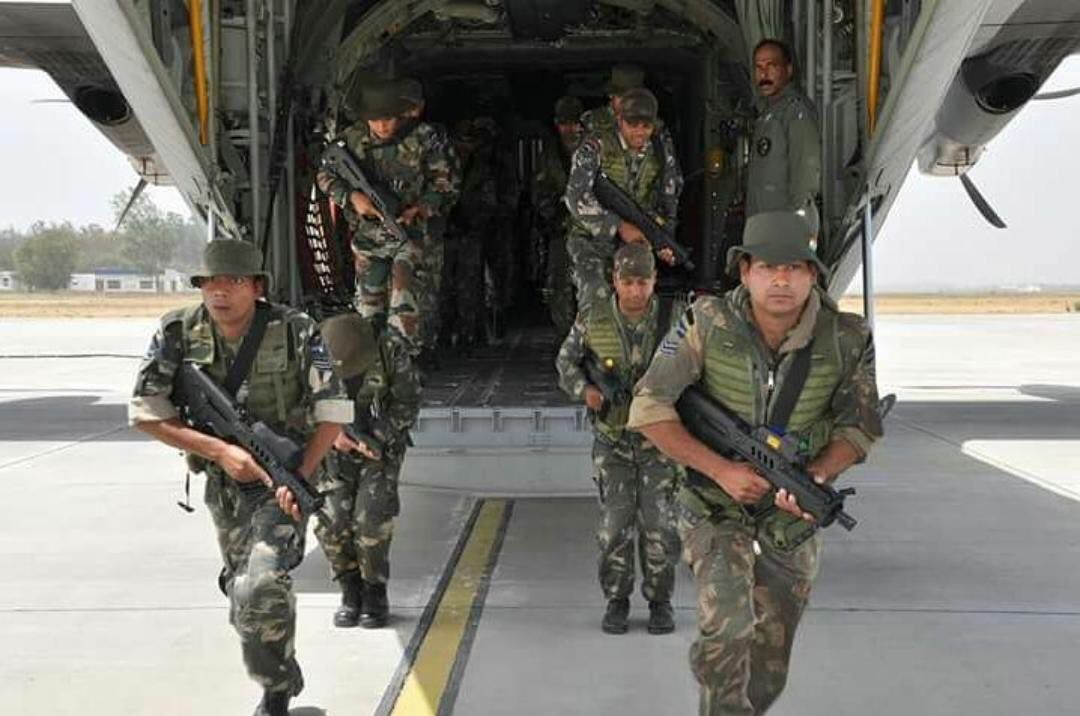Israel is currently going through an unexpected second election, after its general election was held in April this year.
Popularly known as “Bibi”, Benjamin Netanyahu won a record fifth term as Prime Minister in the April elections, even though they took place with Netanyahu amid corruption scandals.
Yet, a fresh election was called on September 17, 2019 despite it not being on Israel’s political calendar. Netanyahu had to cancel his trip to India and the USA for the same.
Let us find out how the snap election might affect India.
India- Israel Relations
India and Israel have an extensive economic, military and strategic partnership. Military and strategic ties between the two nations extend to intelligence sharing on terrorist groups and joint military training.
Relations have further expanded between India and Israel under PM Modi’s administration, with India abstaining from voting against Israel in the United Nations in several resolutions.
Why Netanyahu Was Forced To Call This Election
- The Corruption Scandal: The pre-trail hearings on the three corruption scandals that have upset him and his wife’s reputation, are scheduled to begin next month. He has denied all the allegations. Another term as PM will ensure protection from these trials.
- Fall Of The Coalition: The major reason, however, was the split between Netanyahu’s Likud Party and Avigdor Lieberman’s Yisrael Beiteinu Party, its extreme right-wing religious ally, and a coalition partner.
Lieberman insisted that Yeshivas (religious students), like other Israelis, must be drafted for compulsory military training and must not enjoy exemption based on their beliefs. The parties could not come to an agreement.
Soon, the coalition fell apart and snap elections became unavoidable.
Also Read: What’s Wrong With The US Recognition of Jerusalem as Israel’s Capital
Israel’s Post- Election Political Chaos
The vote count in this week’s Israeli national elections is now 99 percent complete. This has helped in knowing which party obtained what number of seats.
Unfortunately for Netanyahu, the results will make it extremely difficult for him to form a coalition, putting his long-running tenure in jeopardy.
Right now, Netanyahu is planning to skip the U.N. General Assembly meeting next week to focus instead on building a government.
Meet Benny Gantz: Netanyahu’s Rival
The election put Netanyahu neck and neck with former army chief Benny Gantz. The two are now competing to build a coalition.
The Joint List, the bloc of Arab parties that came in third, says it wants to oust Netanyahu from power.
Faced with yet another standstill, Israel’s President Reuven Rivlin has recommended the new government includes both Gantz’s Blue and White Alliance, which won 33 seats, and Netanyahu’s Likud party, which won 31.
However, Israeli-Arab lawmakers have recommended that Benny Gantz should become prime minister.
What Does This Mean For India?
- During The Elections: Netanyahu’s election posters featured pictures with Modi and Trump. Modi shifted India’s ties with Israel into a more transparent mode, balancing ties with Palestine.
Bilateral ties between the two countries have prospered, with trade, investment, IT, high technology and defense sectors benefiting from this close relationship. Israel is India’s third-largest defense supplier.
- Military Partnership: Just a week before the snap elections, however, Israel said that it would welcome ties with Pakistan. At a time when tension is rising in Kashmir, Israel’s interest in joining hands with Pakistan is a bit of a grey area.
Moreover, a new coalition would mean the same partnership policies would be reviewed and even renewed: which will ultimately take up a lot of time and slow down the supply of military equipment to India.
- Trade Negotiations: The negotiation for an extensive bilateral free trade agreement between India and Israel have also been going for some time. With a new coalition or government, these talks will also slow down or may even come to a halt.
If Netanyahu decides to join a national unity government then, he may have to cater to parties whose interests (directly or indirectly) may not be aligned with India’s.
Even though, no Israeli leader would actively break the India- Israel friendship machine, given the crucial nature of its ties, what will happen? Only time will tell.
Image Credits: Google Images, Twitter
Sources: BBC, Haaretz, National Review +more
Find the author on Twitter: yuksxo
Read More:
Israel and USA: A marriage for the sake of convenience?




































